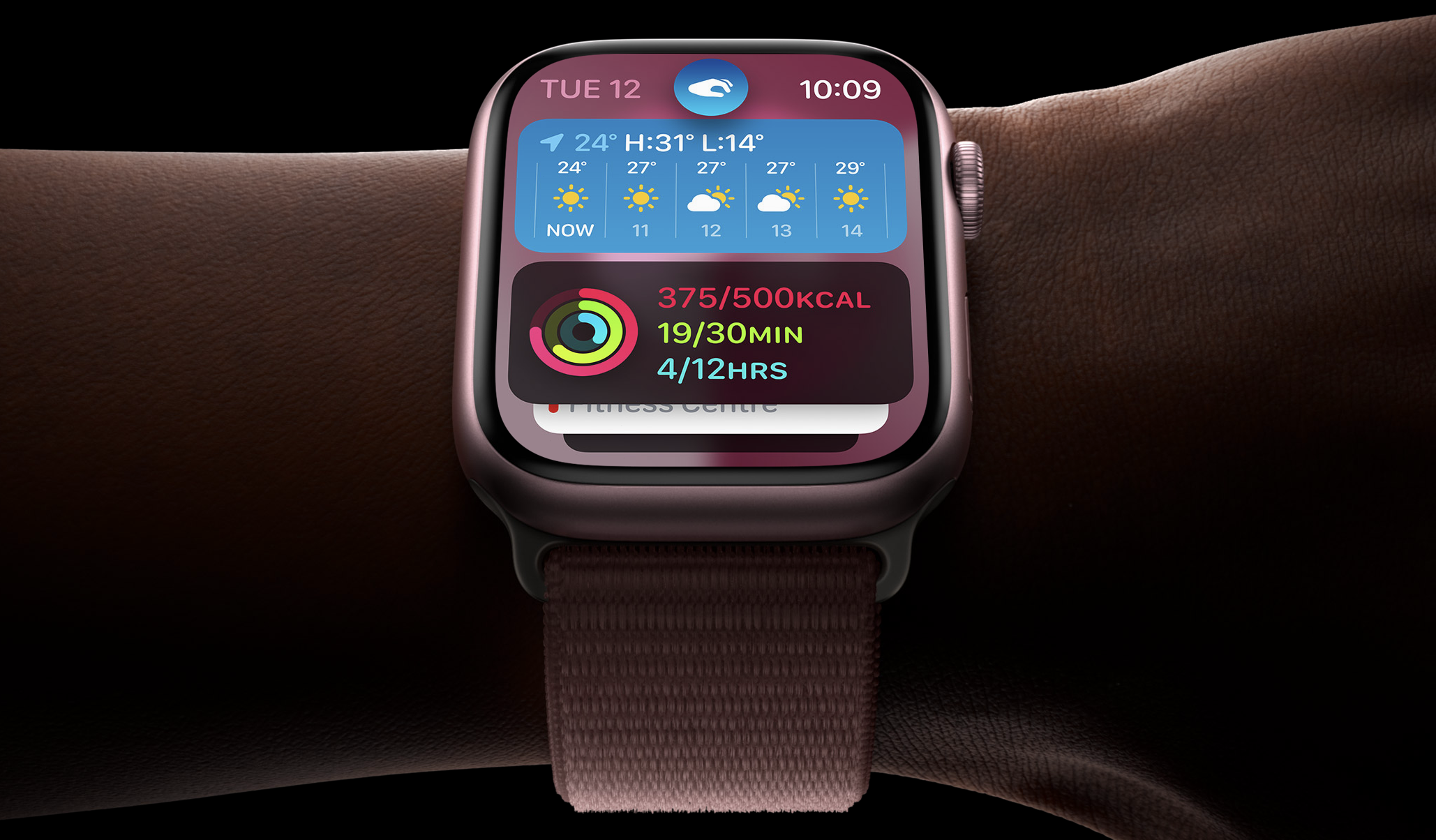
Apple is expected to host an event this September to announce their new iPhones. The event will also see Apple announce a new Apple Watch. Seeing as how the previous release was the Apple Watch Series 9, many are expecting that Apple will do something special for the Apple Watch Series X (or Series 10, if you prefer).
So what kind of changes can we expect? The folks at 91mobiles managed to get their hands on alleged CAD renders of the upcoming Apple Watch X and one of the changes will be to the display. The renders suggest that the model could get a bump in display size from 1.7-inches to a whopping 2-inches!
This might not seem like a huge jump, but on the wrist it should be quite obvious. Assuming these renders are accurate, it could be the biggest Apple Watch display to date. Even the Apple Watch Ultra has a display size of 1.93-inches, so this will be slightly bigger. It is also rumored that it will be thinner compared to its predecessors.
The Apple Watch series hasn't really gotten much of a design change ever since it was introduced. There have been some minor changes, but overall from afar it still looks more or less the same. It will be interesting to see if the increase in display size could also result in an increase in price, but we'll have to wait and see. Until then, take it with a grain of salt.
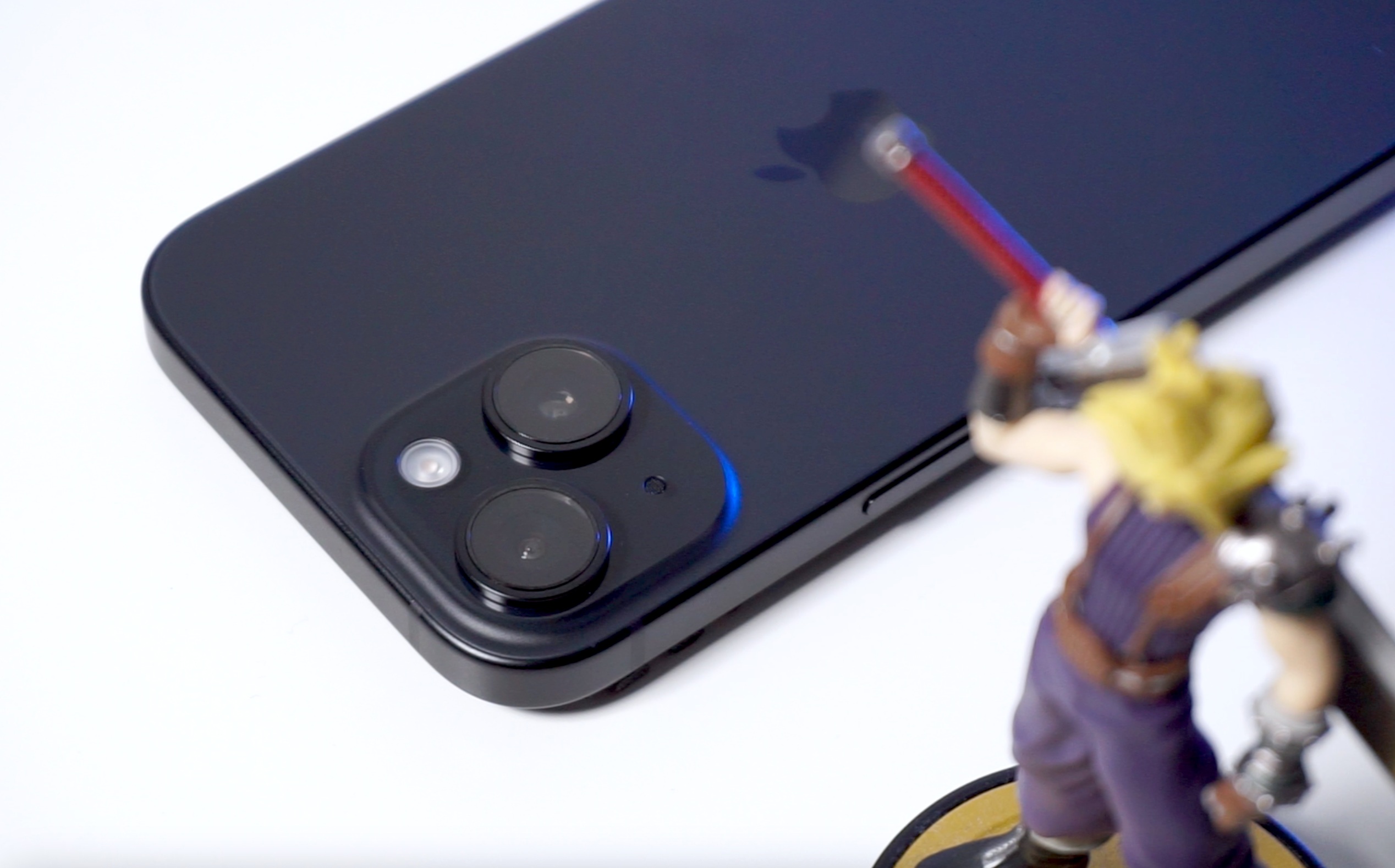
Apple's showcase of its AI features during WWDC 2024 was admittedly impressive, giving Apple fans (as well as us Android enthusiasts) a preview of what its new "Apple Intelligence" is capable of. With that being said however, the company made it clear that not all Apple devices will be receiving AI features, with these being limited to devices running on the company's M-series and A17 Pro chips.
Speaking to Daring Fireball, Apple's head for AI and machine learning John Giannandrea addressed the limitations, stating:
So these models, when you run them at run times, it's called inference, and the inference of large language models is incredibly computationally expensive. And so it's a combination of bandwidth in the device, it's the size of the Apple Neural Engine, it's the oomph in the device to actually do these models fast enough to be useful. You could, in theory, run these models on a very old device, but it would be so slow that it would not be useful.
Craig Federighi, Apple's chief for software engineering also added that hardware elements such as the A17 Pro chip and 8GB of RAM onboard the iPhone 15 Pro and Pro Max mean that Apple's AI will be able to run better - by comparison, the base model iPhone 15 comes with 2022's A16 Bionic chipset, in addition to slightly lesser 6GB of RAM.

In comparison, it can be remembered that Google faced backlash after an employee previously stated that the base model Pixel 8 will not be able to run Gemini Nano, which at the time was mentioned as an exclusive feature for the Pixel 8 Pro. However, the company has since made Gemini Nano available for all Pixel 8 models, including the newly-launched Pixel 8a.
Whether or not Apple changes its stance on Apple Intelligence limitations remains to be seen, so iPhone users with a lower-tier device will need to upgrade to a newer Pro model, unless the company says otherwise.
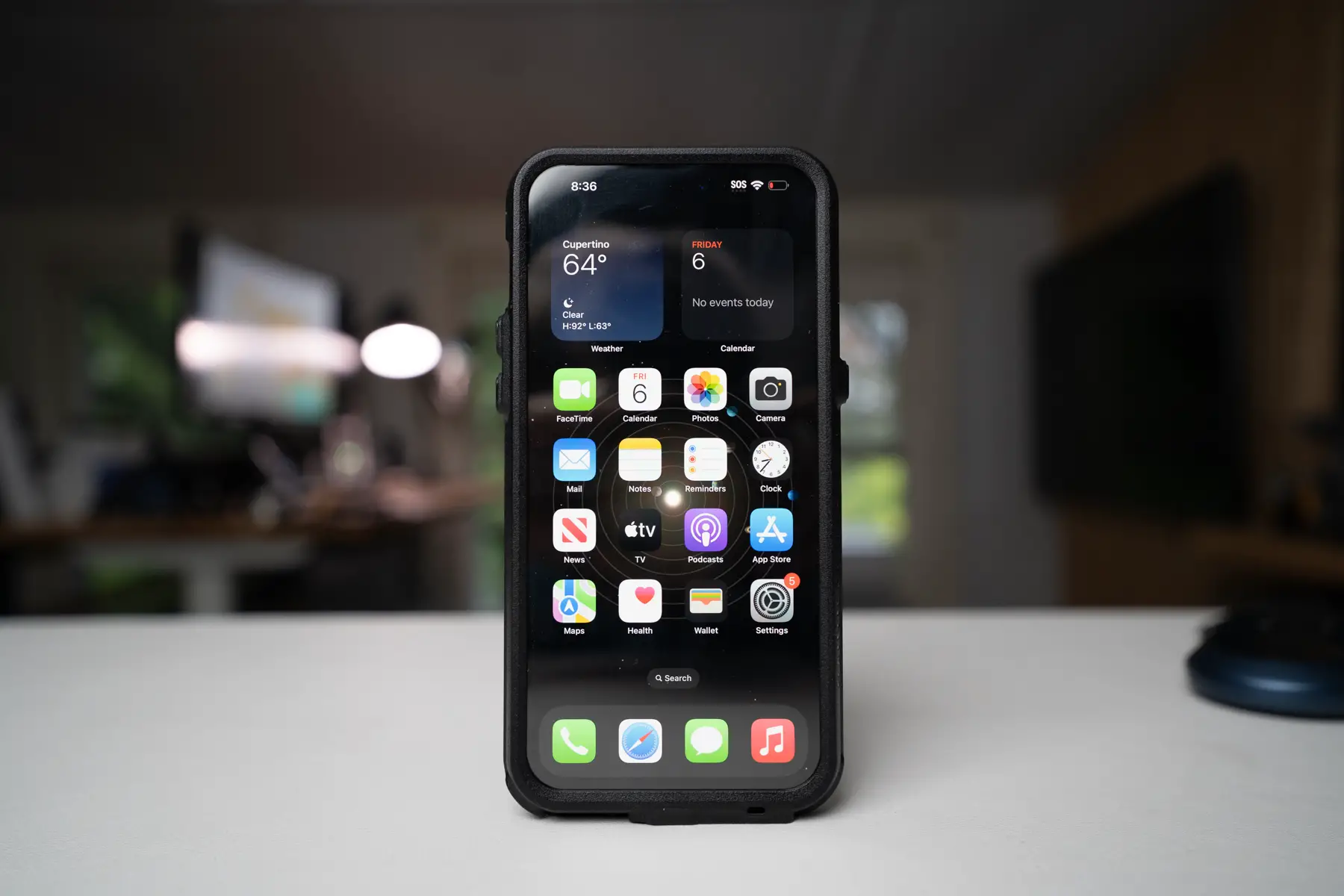
It is largely expected that iOS 18 will see Apple officially introduce AI capabilities to its platform. But the question is, will this AI be developed by Apple, or will they team up with someone who already has the existing infrastructure? Turns out it could be the latter as the latest reports claim that Apple and OpenAI might have settled on a deal.
According to a report from The Information (paywall), Apple and OpenAI have reached an agreement where OpenAI will provide ChatGPT's services to Apple for iOS 18. This is not the first time we're hearing about this. A couple of months ago, there were reports suggesting that Apple was in talks with the likes of Google and OpenAI.
It is expected that the use of ChatGPT could help with Siri, where it could be used to generate some actually useful responses. Siri right now largely points users towards search engines for results, which is honestly kind of useless. By implementing generative AI like ChatGPT, this should result in Siri giving users better responses.
While we would have liked to see Apple create their own AI models, perhaps using something more established first could be a better idea. Apple hasn't had the best track record when it comes to launching their own services. Siri and Apple Maps come to mind. So if using a third-party service, at least initially, will yield better results, we're all for it.
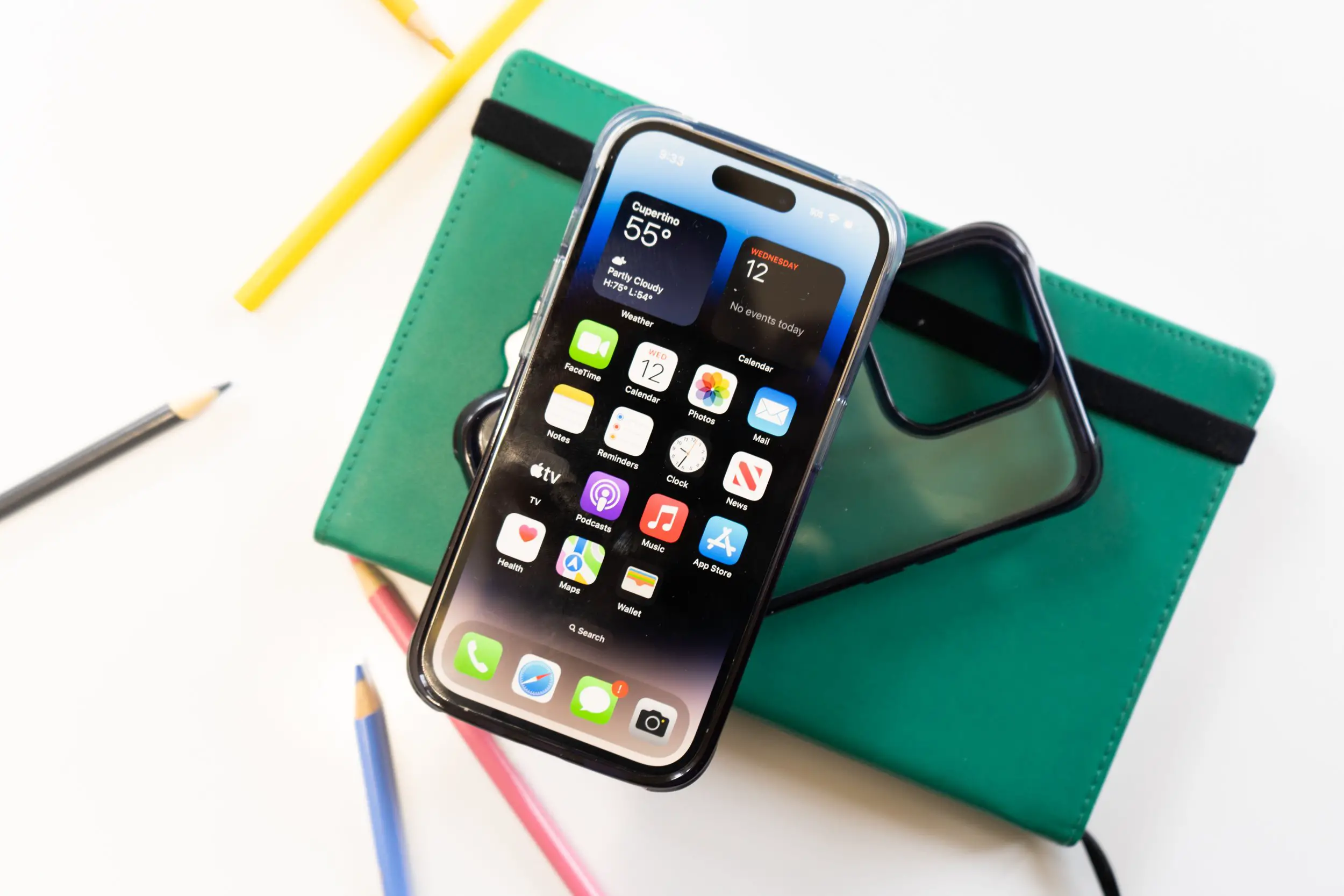
We know that Apple is working on its own AI. The company is expected to unveil its AI plans at WWDC 2024 next month, but if you were hoping for something grand, you could be disappointed. This is because one of the AI features Apple is expected to announce could involve emojis.
A report from Mark Gurman at Bloomberg has revealed that one of the new AI features Apple could introduce could come in the form of AI-powered emojis. This is where users can use AI to generate custom emojis on the fly. It sounds extremely novel and kind of a waste of time.
Google I/O focused heavily on AI, but it felt very lackluster. This is the perfect opportunity for Apple to announce something grand, so for them to waste the tech on emojis seems silly. Of course, emojis could be a small part of the announcement, so we'll have to wait and see.
According to Gurman, Apple will take a more reserved approach when it comes to AI. The company doesn't want to shove AI into all of its products and services. Instead, they want their application of AI to be on things that customers use in their daily lives. It is a fair approach, but hopefully Apple has grander plans in the works as well.
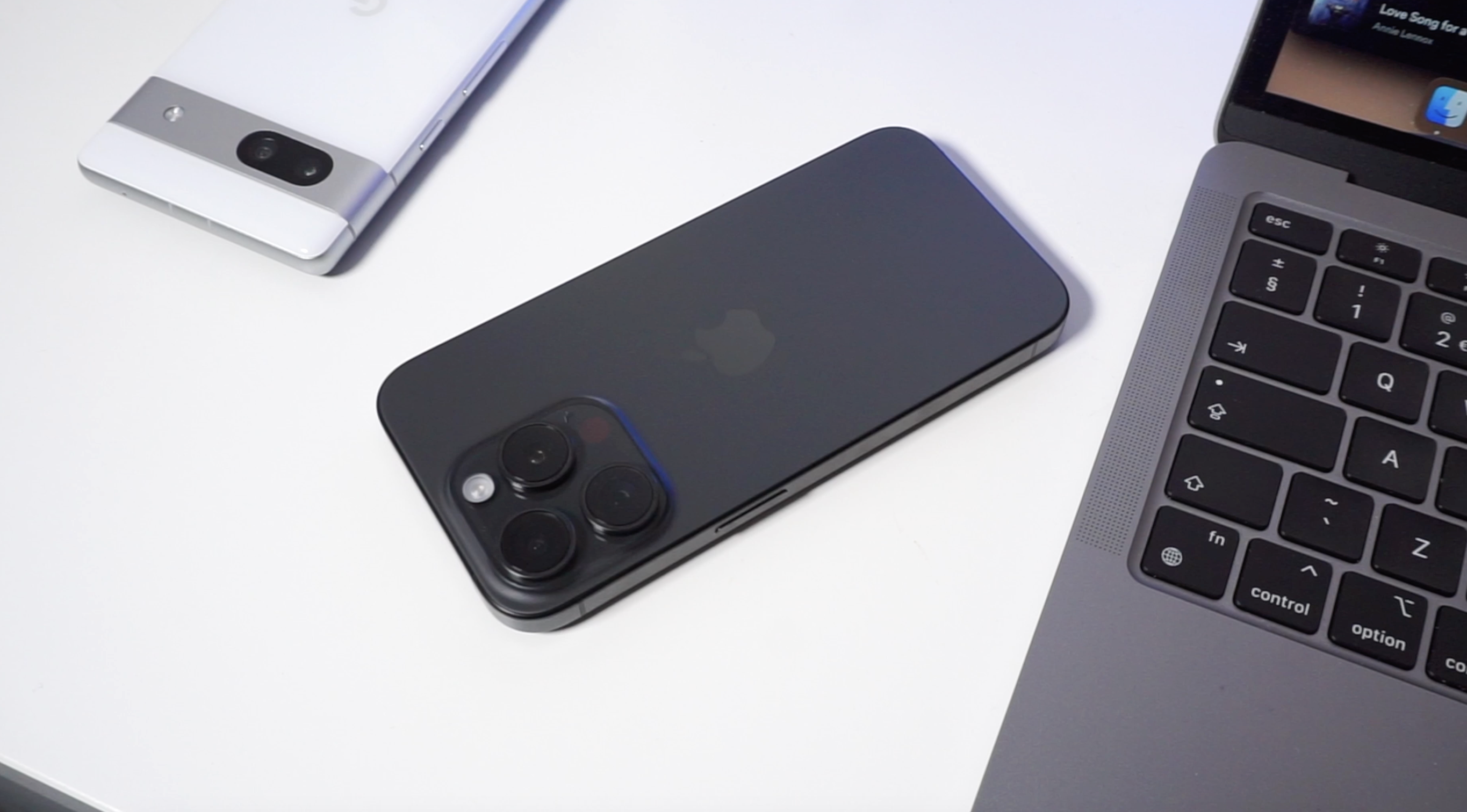
Just recently, Apple came under fire following several user complaints that deleted photos have started to reappear on their devices, following the iOS 17.5 update. While the company has since fixed the issue with a newer software patch, it hasn't been clear on what caused it, that is until now.
The phenomenon was first noticed by a number of users a few days ago, who noted that photos which were deleted have begun to resurface within their device's photo library. More users eventually came forward with the same issue, prompting some to question why deleted files were somehow retained on their device and iCloud backups, with some images dating as far back as more than a decade ago.
Apple now says that the issue was caused by database corruption, although it further clarified what happened to cause the issue for many users. Speaking to the folks at 9to5Mac, Apple states that iCloud Photos is not to blame, but instead attributes the problem to a corrupt database entry that existed on a device's file system.
The company adds that the photos that weren't fully deleted from a user's device were not synced to iCloud Photos, and instead were saved locally. Thus, the files could have remained from one device to another when restoring from a backup, initiating a device-to-device transfer, or when restoring from an iCloud Backup but not via iCloud Photos.
Apple went on to say that the issue was rare and only affected a small number of users and a small number of photos, adding that it does not access a user's photos or video files.
© 2023 YouMobile Inc. All rights reserved





